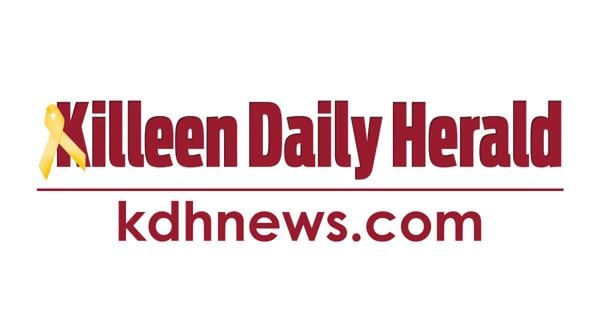Rescue and recovery efforts are underway across Jamaica as aid workers strive to reach communities affected by Hurricane Melissa, which struck the island on March 12, 2024. The hurricane, categorized as a Category 5 event with maximum winds of 185 mph (295 kph), has wreaked havoc, leaving many areas isolated four days after landfall. Critical supplies, including food and water, are now being distributed in the severely impacted regions of St. Elizabeth and Westmoreland, where fallen trees and concrete posts have obstructed roads.
In some cases, residents have resorted to collecting muddy water from rivers for daily use, while others have survived on coconuts and roasted breadfruit. Pearnel Charles Jr., Jamaica’s Minister of Social Security, joined numerous convoys of emergency responders delivering essential items such as ready-to-eat meals, clean water, tarpaulins, blankets, and medicine.
Assessing the Damage and Health Risks
Hurricane Melissa has caused substantial damage, including downed power lines and collapsed buildings, leaving over 60% of the island without electricity. Many residents have been forced to walk considerable distances to seek basic necessities and check on their families. Helicopters have also been deployed to air-drop food supplies to remote areas.
“Please discard spoiled food,”
warned Christopher Tufton, Minister of Health, highlighting the risk of increased mosquito populations, waterborne diseases, and food poisoning. He acknowledged that the official death toll of 19 in Jamaica might be higher, as many areas remain difficult to access.
In addition to the human toll, Melissa has also claimed 31 lives in nearby Haiti. Recognizing the urgency of the situation, the U.S. regional disaster assistance response team was activated by Secretary of State Marco Rubio to assist in the recovery efforts.
Government Response and Financial Support
On March 15, 2024, the Caribbean Catastrophe Risk Insurance Facility (CCRIF) announced a record payout of $70.8 million to Jamaica, designed to help the country manage the financial impacts of natural disasters. This payout will be processed within 14 days, providing crucial support as recovery efforts continue. Fayval Williams, the Minister of Finance, emphasized that the CCRIF insurance policy is part of a broader financial strategy that includes a contingency fund, a national disaster reserve, and a catastrophe bond.
As the country begins the long process of rebuilding, Prime Minister Andrew Holness described the immediate priorities as restoring electricity and telecommunications, particularly at the Falmouth Hospital, which has faced significant challenges. He expressed a commitment to rebuilding the island “stronger and wiser.”
With ongoing assessments of the damage, government officials remain focused on mobilizing resources to ensure that affected communities receive the support they urgently need. The situation remains fluid, and further updates on recovery efforts and health advisories are expected in the coming days.






